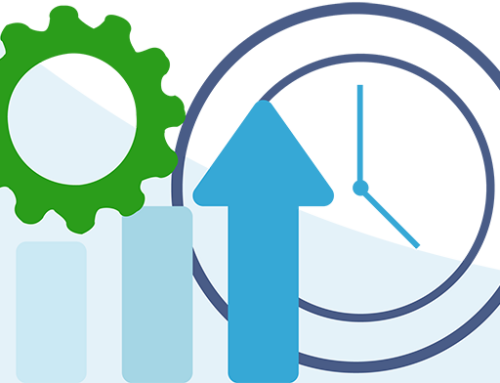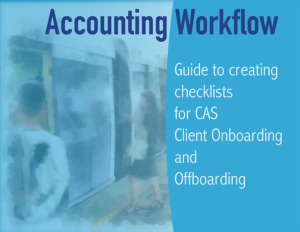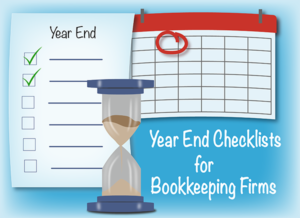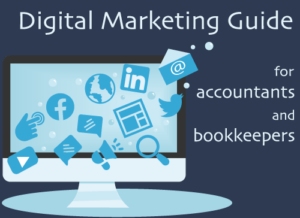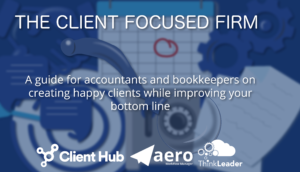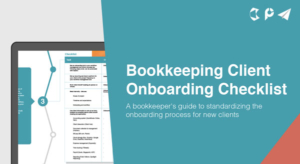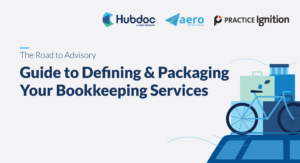Welcoming a new accounting team member is exciting, and you don’t want to miss any vital step in your onboarding process. After all, you never get a second chance to make a good impression. This period in which you’re first getting to know a new employee — and they’re getting to know the company — sets the tone for their relationship with the firm.
Having a great onboarding process prepares new staff members for success, makes them more likely to stay, and improves your brand. It’s true! When people love where they work, they tell other people. This can help you attract even more incredible talent in the future.
So, here are some important onboarding components you don’t want to miss in your process!
Communicate With Your Team
One of the most difficult — and essential — parts of training a new team member is integration! It isn’t enough for new hires to have all their accounts set up and know how to tackle processes on their own. They have to get to know the rest of the team and develop a workflow with their new coworkers. This can be especially hard for remote and hybrid-remote teams that don’t have as much time in the office together.
You should make sure your team knows about the new hire before they arrive, which can be done either in an email or during a team meeting. The team should know the new hire’s role and what they will be doing at the firm. Introductions should also begin on the new hire’s first day.
Utilize Recorded Procedures
There are SO many new processes that new hires have to familiarize themselves with, which is why having a database of all your procedure checklists that they can access when questions arise can be incredibly useful. If you haven’t started writing down your procedures, don’t worry — we’ve got a more detailed guide here that you can check out.
Basically, you’ll want to consider every task you perform throughout the day, big and small. These should be written down in easy-to-follow checklists that are stored safely and easily accessible by members of your team. As new hires adjust to their new jobs, they can consult the written procedures as needed to ensure they’re doing things correctly!
Check Back In After Onboarding
After the initial onboarding process is over and, say, a month has gone by, you’ll want to reconnect with your new hire. Plan to have one-on-one meetings at certain intervals. As work picks up, it can be difficult to get back into onboarding mode. Prioritizing these meetings, however, will help foster a culture of communication and make your new hire more comfortable coming to you with questions and suggestions.
A good onboarding process will let your new hire know that your firm is a great workplace! If you cover all your bases, your team members will feel confident in their new position and comfortable coming to you when something goes awry.


